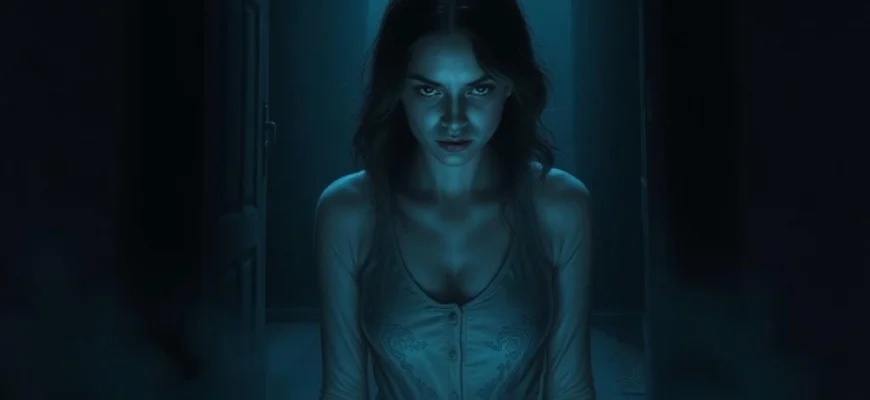If you loved the psychological thrills and eerie suspense of 'Sisters' (1973), you're in for a treat! This article explores 10 movies and shows that capture the same unsettling atmosphere, Hitchcockian tension, and shocking twists. Whether you're a fan of classic horror or modern psychological thrillers, these picks will keep you on the edge of your seat.
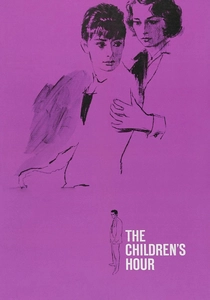
The Children's Hour (1961)
Description: A tense drama about the destructive power of rumors and societal pressure on female relationships, featuring groundbreaking themes for its time.
Fact: The film was banned in several countries due to its then-controversial subject matter. It was the second adaptation of the play, following a 1936 version with altered plot elements.
 Watch Now
Watch Now 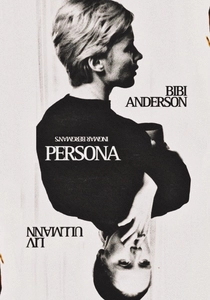
Persona (1966)
Description: A groundbreaking psychological drama exploring identity, femininity, and the merging of personalities through intense, experimental storytelling.
Fact: The film famously 'breaks' at one point, with the celluloid appearing to burn in the projector. At just 83 minutes, it's considered one of the most influential films ever made.
 Watch Now
Watch Now 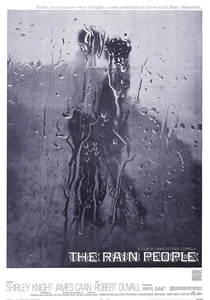
The Rain People (1969)
Description: A road movie exploring female self-discovery and psychological turmoil, featuring a woman fleeing her domestic life.
Fact: The film was shot entirely on location across multiple states. The director and much of the crew lived in mobile homes during production, creating a nomadic atmosphere that mirrored the story.
 Watch Now
Watch Now 
The Bitter Tears of Petra von Kant (1972)
Description: A deeply psychological drama exploring complex female relationships, power dynamics, and emotional manipulation within a confined setting.
Fact: The entire film takes place in a single apartment, creating an intense, claustrophobic atmosphere. It was based on the director's own play.
 Watch Now
Watch Now 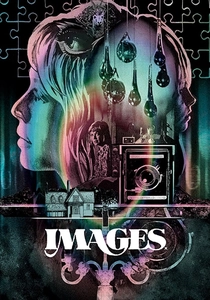
Images (1972)
Description: A psychological thriller that blurs reality and hallucination, featuring a female protagonist experiencing disturbing visions and identity confusion.
Fact: The film features an innovative musical score where each character is represented by a different instrument. It won the Best Actress award at Cannes.
 Watch Now
Watch Now 
Cries and Whispers (1972)
Description: A harrowing exploration of sisterhood, repressed emotions, and the psychological torment within family relationships, featuring striking visual symbolism.
Fact: The film's distinctive red color palette was inspired by the director's childhood memories of his mother's heart. It was the first Swedish film to be nominated for Best Picture at the Oscars.
 Watch Now
Watch Now 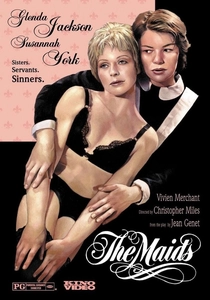
The Maids (1975)
Description: A dark exploration of power dynamics and role-playing between women, featuring psychological games and shifting identities.
Fact: Based on Jean Genet's play about the infamous Papin sisters case. The film was shot in just 12 days on a minimal set.
 Watch Now
Watch Now 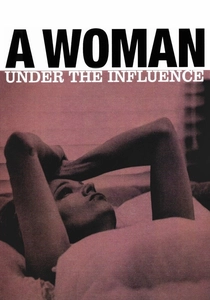
A Woman Under the Influence (1974)
Description: A raw, unflinching portrait of mental illness and domestic tension, featuring extraordinary performances that capture psychological fragility.
Fact: The director shot over 1 million feet of film during production. The lead actress prepared for her role by studying patients at mental hospitals.
 Watch Now
Watch Now 
Autumn Sonata (1978)
Description: A devastating character study of mother-daughter relationships, featuring intense emotional confrontations and psychological revelations.
Fact: This was the only collaboration between the legendary director and the famous actress, despite both being Swedish icons. The film was shot in just 25 days.
 Watch Now
Watch Now 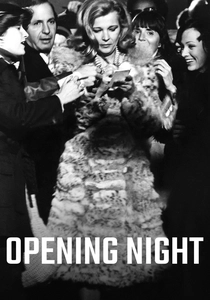
Opening Night (1977)
Description: A meta-exploration of female identity, performance, and psychological breakdown, blurring the lines between reality and theatrical performance.
Fact: The lead actress performed all her own stunts, including a dangerous fall down stairs. The film was shot in sequence to mirror the theatrical production it depicts.
 Watch Now
Watch Now 
